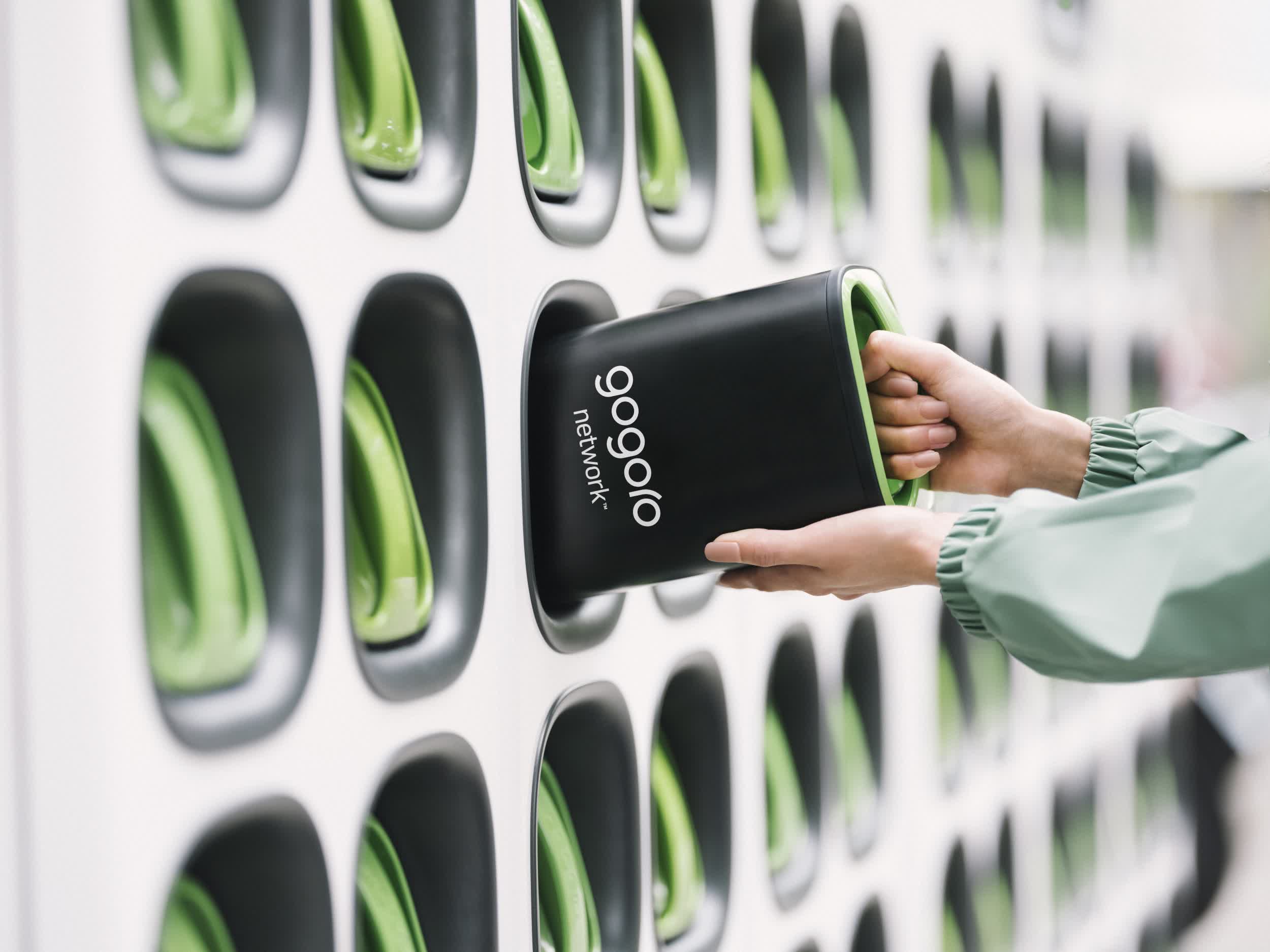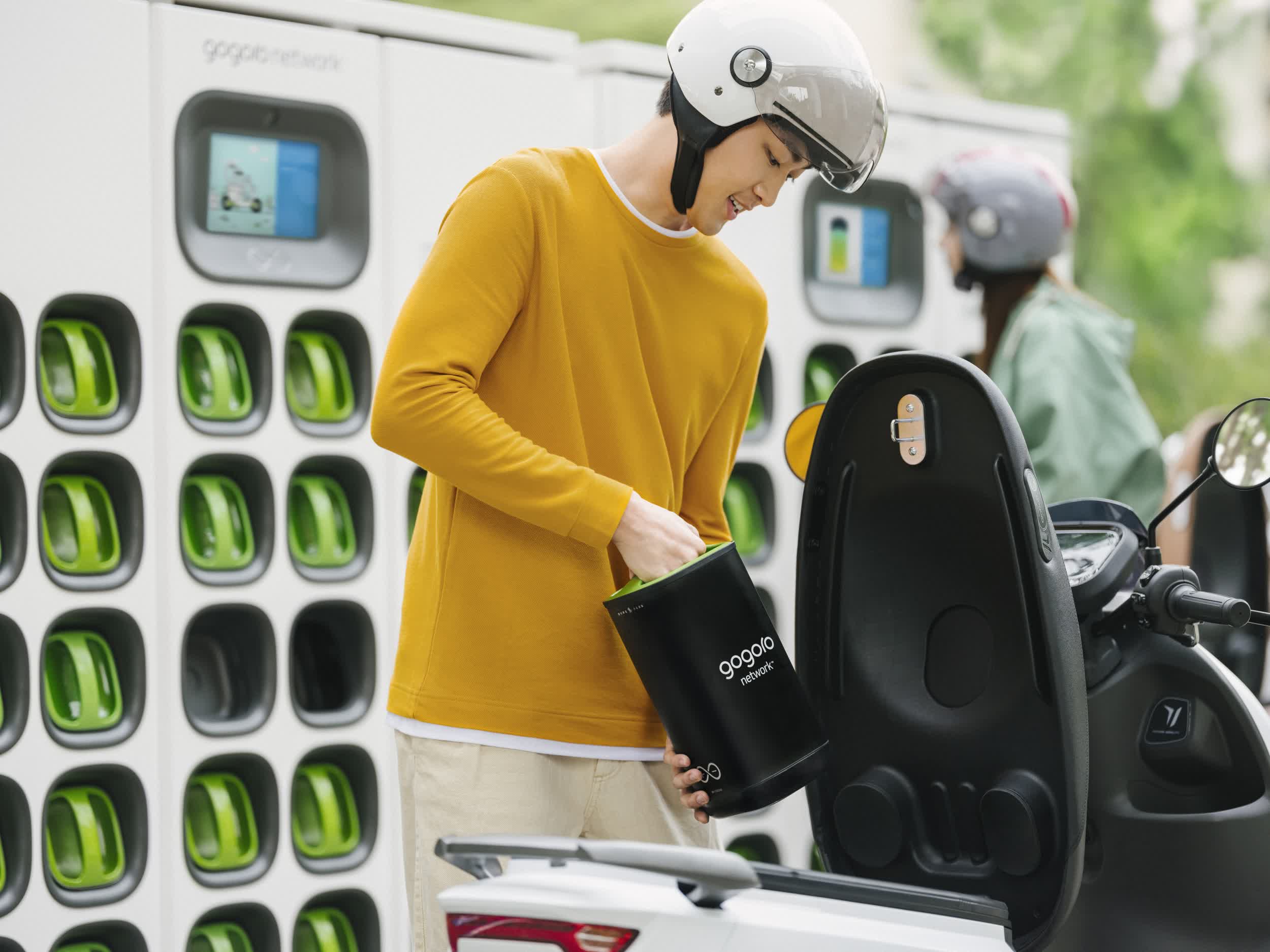The big picture: We've said it before and we'll say it again: by hook or by crook, automakers are on track to phase out gas-powered vehicles and replace them with all-electric models. Arguments abound over whether or not enough raw materials exist to back the transition or if the charging infrastructure can be built in time to support some states' deadlines for zero-emission vehicle sales. One possible solution to help mitigate the charging conundrum would be swappable batteries but willing it into reality would be a very tall order.
In Taiwan where two-wheeled scooters are prevalent, the transition is already well under way. Gogoro has successfully developed and deployed a network of battery-swapping depots that "are as common as gas stations." The facilities collectively support nearly 400,000 battery swaps each day. According to the Taiwanese government, 12 percent of all scooters sold locally in 2022 were electric and 90 percent of them utilized Gogoro batteries.

Rather than having to sit around and wait while their scooters' electric batteries are topped off at a charger, customers can simply swap out battery modules on their own and be on their way. Think of it like the propane tank exchange centers at your local gas station, except for batteries.
It sounds convenient enough, but there's one big difference that'll likely sideline the concept of swappable batteries in many regions.
The battery systems that power full-size cars and trucks are exponentially larger and heavier than those used in electric scooters. According to CarParts, most EV batteries weigh around 1,000 pounds but heavier ones can tip the scales at closer to 2,000 pounds. GM's Hummer EV battery pack weighs nearly 3,000 pounds, outweighing some compact vehicles.
A service center would be needed for full-size swaps and it'd probably take more time to do the work than you'd have spent tethered to a charger, thus defeating the purpose entirely.

There's also the proprietary nature of car and truck batteries. Companies like GM have spent lots of money to build their Ultium battery platform. Getting automakers to agree on a universal, swappable standard at this stage of the game feels virtually impossible.
Modularity looks great on paper but as we've seen time and again in the tech industry, it rarely translates to the real world. Swappable batteries in full-size vehicles won't even be worth considering until breakthroughs deliver significant reductions in size and weight. We've heard about a lot of promising advancements in the lab but for now, we're still waiting on a big game changer.
